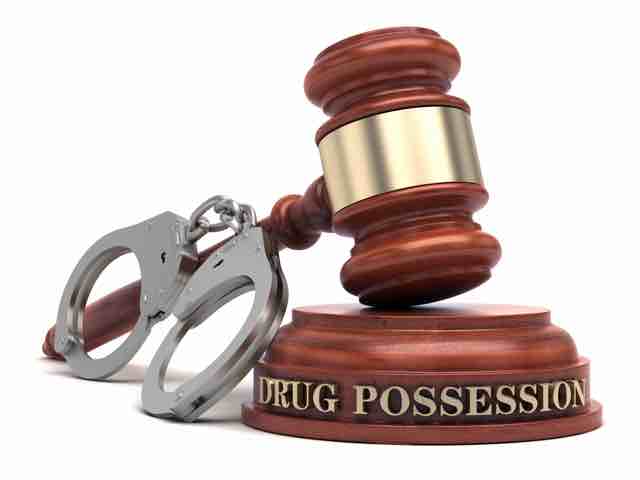
A Gram or Ounce: Pasadena Drug Possession Laws
Drug Possession Laws
Possession of a controlled substance is defined as having exercised control over a drug (or having had the right to) or having knowledge of possessing a controlled substance, with a sufficient quantity for use (not necessarily enough to create a high). Possessing a gram versus an ounce could make the difference in being charged or convicted of a misdemeanor versus a felony — escaping the potential prison sentence of the latter, in other words. Understanding and evaluating complex drug possession laws takes time and patience.
Health & Safety Code
California has enacted numerous laws to dictate how to deal with people who are suspected of being under the influence of a controlled substance, possessing a controlled substance, intending to sell a controlled substance, and transporting a controlled substance.
Some of the most common drug laws are:
- H&S 11350 – deals with simple possession. This is the code typically used to prosecute those suspected of possession of cocaine.
- H&S 11351 – deals with possession of a narcotic with the intent to sell. This charge can easily be classified as a felony.
- H&S 11352 – deals with the transportation of a controlled substance, which, along with intent to sell, is one of the most severe drug charges one can face.
- H&S 11357(a) – deals with possessing 28.5 grams or less of marijuana, which is an infraction with a penalty of a fine not exceeding $100
- H&S 11357(d) – if a juvenile (under the age of 18) possesses marijuana while on a school campus (elementary, junior high, or high school), there is a $250 fine for first time offenders and up to a $500 fine for repeat offenders. The more often a juvenile is charged with possession, the more the fine is increased.
- H&S 11364 – deals with possession of drug paraphernalia.
Defenses
Common defenses to a drug possession charge are:
- Unlawful search and seizure – if the controlled substance was confiscated by law enforcement by way of an unlawful search and seizure, then any evidence collected (including the drugs) will have to be suppressed and not allowed to be used as evidence. Therefore, there might be no case and the charges would be dismissed for lack of evidence.
- Dispute with toxicologist analysis and reports – in order to be charged with possession of a drug, there must be evidence that the substance found is in fact what law enforcement purports it to be. If the substance has not been properly passed through the chain of command and has not been sent to a laboratory for testing, or the testing results are inconclusive, then there will not be enough evidence for a conviction.
- Entrapment – if a law enforcement agent induces a person to commit a criminal offense that the person would have otherwise been unlikely to commit, that is illegal, and a person cannot be convicted of the crime.
- Medical necessity with valid prescription – if a person has a valid prescription for a narcotic, then he is in legal possession of that narcotic and cannot be prosecuted.
Resolution
Prop 36 – if a defendant does not have any prior violent crime convictions, this proposition allows for enrollment in a drug rehabilitation program, rather than serving any jail time.
Prop 47 – also known as the “Safe Neighborhoods and Schools Act,” this reduces many drug possession laws that were formerly classified as felonies to now be charged as misdemeanors. The $200 million that previously was used to house and foster prison inmates will now fund programs to rehabilitate drug addicts, treat mental health needs, keep kids in school, and support crime victims.
PC 1000 – Deferred Entry of Judgment allows first time drug offenders to admit to the charge, accept probation, and participate in a 6 month drug treatment program; if they stay out of trouble for a year, the charges will be dismissed.
Drug Court – this is another drug rehabilitation program wherein a person submits to 12 months of supervision, maintains employment, is subject to random drug testing, and required to enroll in a drug treatment program and counseling.
Being charged with drug possession in Pasadena or anywhere threatens a person’s reputation, career, and freedom. An experienced criminal law attorney will be able to properly evaluate your case and determine the best defense, develop the best strategy to help secure a desirable plea agreement, and prepare for trial, should it become necessary. Richard Jacinto and his firm of skilled attorneys understand how to maneuver in the Pasadena courtroom arena, and are ready to schedule a consultation with you now.



